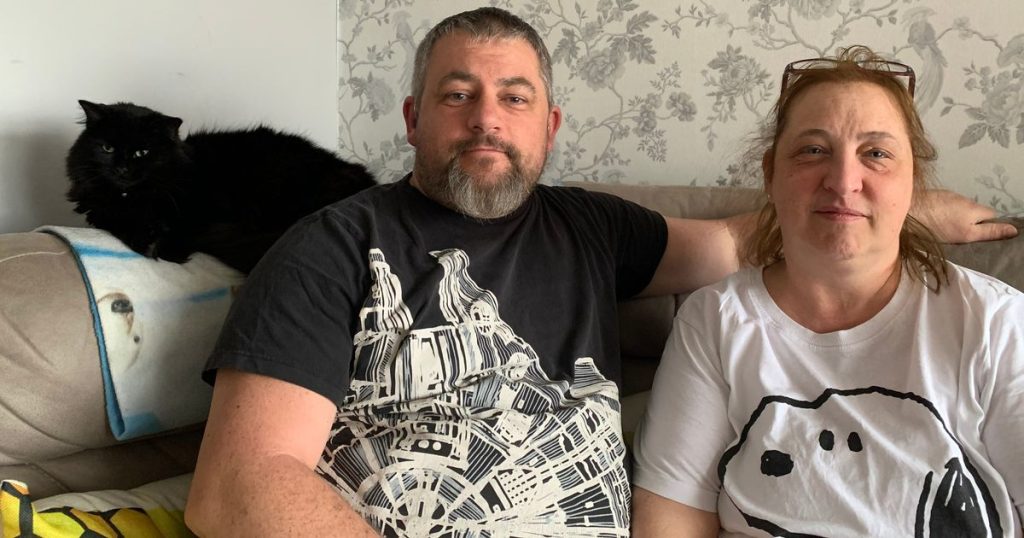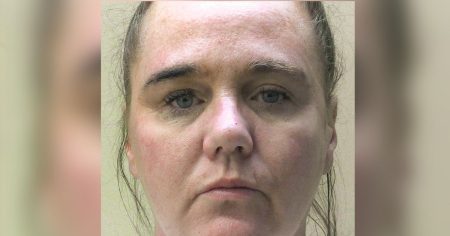Andrew Wiley, 47, faced a harrowing ordeal at a Canterbury hospital in Kent when he was not provided with an interpreter for his consultation regarding a benign cyst on his testicle. Despite his wife’s advance request for an interpreter, Andrew had to resort to pen and paper and lip-reading to understand the doctor’s recommendations. Two months later, with an interpreter present, Andrew learned about the serious risks associated with the surgical removal of his testicle and opted out of the procedure. His experience has led him to advocate for improved NHS services for individuals with hearing impairments.
During his initial consultation, Andrew struggled to understand the doctor’s recommendations due to a language barrier and inadequate communication. He was not fully informed of the risks and complications involved in the surgical removal of his testicle, resulting in a delayed decision regarding the procedure. Andrew expressed frustration at the lack of proper communication and clarity during his appointments, emphasizing the importance of having interpreters available for individuals who are deaf to ensure accurate understanding of medical procedures and risks.
Andrew’s experience is not an isolated incident, as he claims to have visited doctors numerous times without being provided with an interpreter. This lack of access to essential communication services has led to delays in treatment and confusion during medical appointments. Despite facing challenges accessing interpreters, Andrew continues to advocate for better services for the deaf community and highlights the impact of communication barriers on individuals’ healthcare experiences.
Amanda, Andrew’s wife, joined him in criticizing hospitals for the failure to provide interpreters, acknowledging the critical role interpreters play in ensuring accurate communication between healthcare providers and patients. She expressed concerns about the lack of understanding of medical procedures and risks when interpreters are not made available, calling for improved accessibility for individuals with hearing impairments in healthcare settings. Sarah Hayes, the chief nursing officer at East Kent Hospitals, issued an apology for the distress caused to Andrew during his appointments, emphasizing the hospital’s commitment to clear communication with patients.
Andrew’s story sheds light on the challenges faced by individuals with hearing impairments in accessing healthcare services and highlights the need for improved communication and accessibility in medical settings. His advocacy for better services for the deaf community serves as a reminder of the importance of ensuring equal access to healthcare for all individuals, regardless of their communication needs. By sharing his experience, Andrew hopes to raise awareness and prevent others from experiencing similar situations, urging the NHS to prioritize and enhance services for individuals with hearing impairments.














